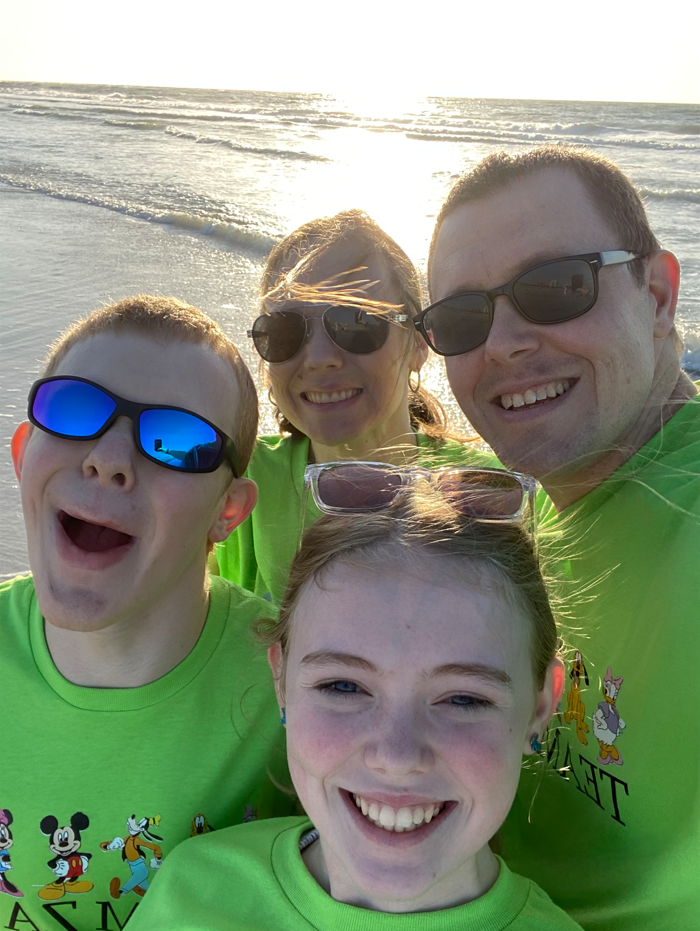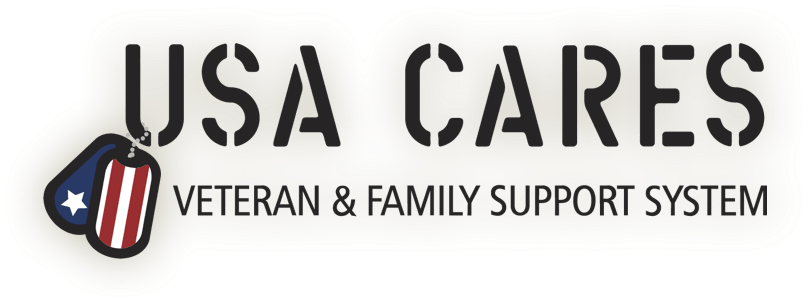Aaron Fritcher
By the end of 2018, Aaron Fritcher had spent nearly six weeks in the VA’s psychiatric ward. His first stay lasted two weeks, his second was almost a month. Each time he’d been hospitalized for severe suicidal ideation.
At the time, he and his wife had two young children. She stayed home to care for their son who has both physical and mental disabilities, while Aaron acted as the provider. But with stays in and out of the hospital, it became impossible for him to hold a job.
“As a man, I felt like I was supposed to be taking care of my family and I wasn’t,” Aaron said.
Aaron served nine years in the US Navy. Despite multiple deployments, it wasn’t his time overseas that had the biggest effect on his post-service depression.
“I blame most of it on my shore duty,” Aaron said. “I was a mental health coordinator on a command in San Diego. That’s where I heard some pretty horrific stuff.”

Aaron experienced what the mental health community refers to as vicarious trauma. The Psychiatric Times website defines vicarious trauma as “negative changes in the clinician’s view of self, others, and the world resulting from repeated empathic engagement with patients’ trauma-related thoughts, memories, and emotions.”
“The worst thing for me was I had so many women coming in with sexual trauma,” Aaron said. “I started to see the military differently because so much of it was committed by fellow service members.”
To add to Aaron’s weakening faith, it was difficult for him to find his own mental healthcare.
“I was seeing a doctor for an unrelated issue, and I said, ‘You know, I’m having a hard time and I’ve been kind of having these thoughts,’” Aaron said. “He looked at me and just said, ‘That’s not the reason you’re here today.’”
When he did find the mental health help he needed as a veteran, Aaron encountered a new challenge. He had no way of paying his family’s bills while he received treatment.
“I thought, what good is admitting myself if I’m going to leave to my family on the street?” Aaron said.
After being discharged from the VA Hospital, Aaron was working part-time at the post office when he discovered he was behind on his mortgage payment. With nowhere else to turn, he reached out to USA Cares for help. In a matter of days, USA Cares was able to make a payment that ensured his family of four would not be homeless.
“The 700 or 800 bucks it was at the time, the help was worth so much more than that,” Aaron said. “It meant more because it came from strangers. USA Cares didn’t know me or my family, just that I needed help. That’s pretty amazing.”
Aaron still has some frustrations with mental healthcare in the US, but he said he’s glad he has the opportunity to receive it.
“Allowing people to not worry about bills while they get treatment is lifesaving,” Aaron said. “Who knows how many suicides have been prevented because of the work USA Cares is doing.”
